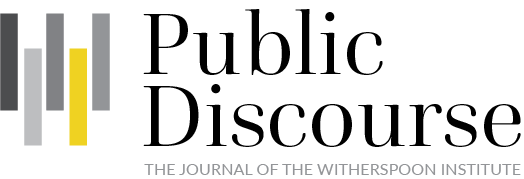ACADEMIC YEAR SEMINARS
SPRING 2026
Since 2016, the Witherspoon Institute has sponsored non-credit seminars for Princeton students during the academic year. Any Princeton student—undergraduate, graduate, PTS—is warmly invited to attend.
We read important texts about important questions—classic and contemporary—in the attempt to find wisdom, to know how best to live and think and act so as to live well and flourish. And we try to seek for wisdom collegially, with friends willing to engage good questions seriously, with any point of view considered. And, we almost always provide a meal!
Sign up for one of our seminars here.
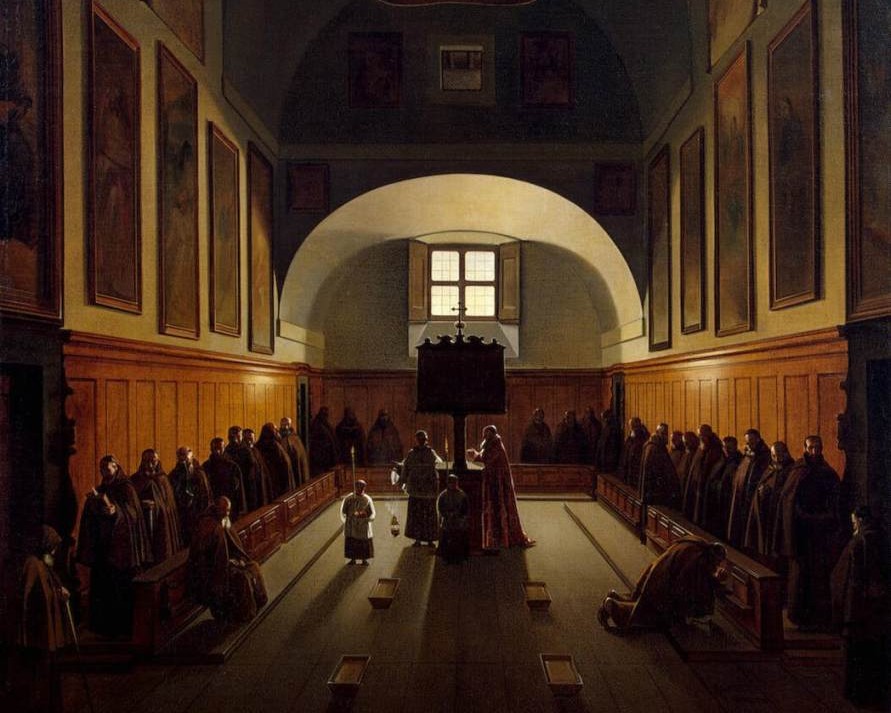
Gregorian Chant, the Foundation of Western Sacred Music
Led by John Ahern* and R. J. Snell
Fridays, 1:00-2:30 PM
Feb 6, 13, 20, and 27.
Composers of sacred music in Western Christendom have used the melodies ascribed to St. Gregory the Great across centuries and ecclesiastical traditions. This course will look at the use of Gregorian chant in composers like Pérotin, Josquin des Prez, J. S. Bach, Lowell Mason, and Olivier Messiaen. This provides a window into how composers of church music think about issues of tradition, innovation, style, and the theology of worship.
Open to all students of Princeton University and Princeton Theological Seminary. Lunch is provided.
For more information about this seminar, email R. J. at rsnell@winst.org.
*John Ahern is the Director of the Coverdale House, a Christian study center in Princeton, NJ. He has a PhD from Princeton University (2024) in historical musicology, and he currently teaches Latin and literature at The Wilberforce School. His writings on a variety of subjects have appeared in First Things, Ad Fontes, The Lamp, and Mere Orthodoxy. He lives in New Jersey with his wife and four children.
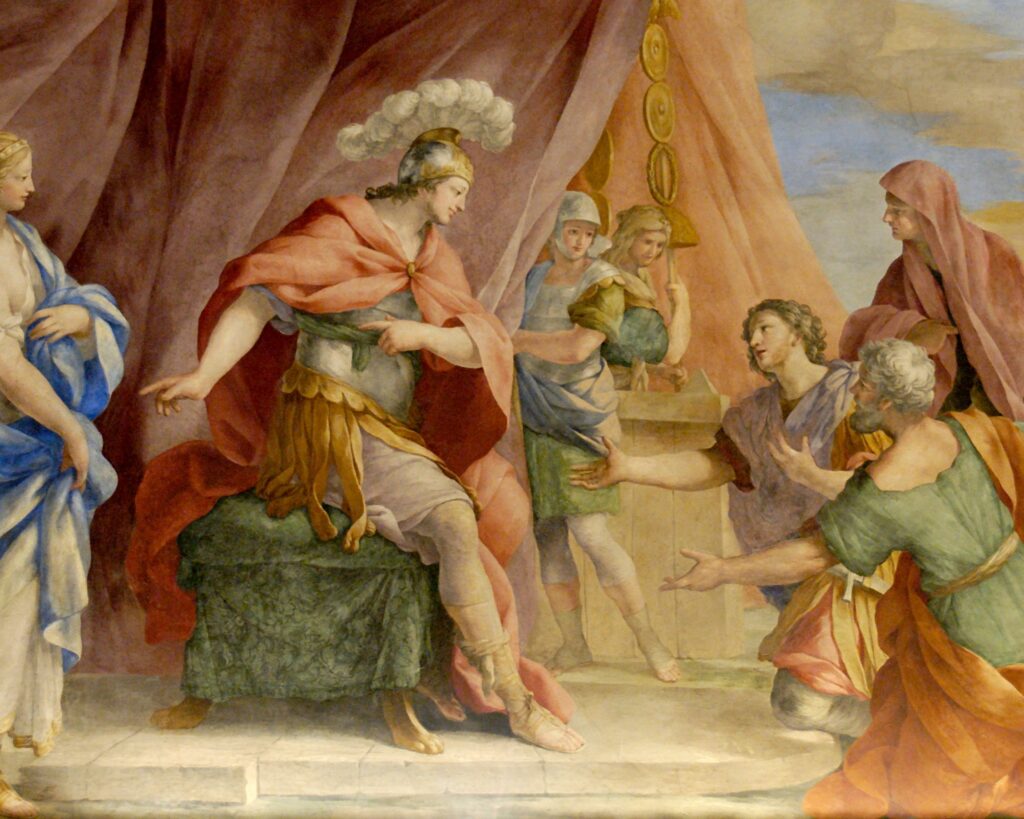
How To Have Willpower: Plutarch and Prudentius on Not Giving In
Led by R. J. Snell
Tuesdays, 8:15-9:20 AM
Mar 17, 24; Apr 14.
Given some of the current confusions of our time, it’s unsurprising to see people turning to the writers of antiquity for guidance. The Stoics, for instance, have received much attention in recent years. Princeton University Press has its own series, “Ancient Wisdom for Modern Readers,” including texts of Prudentius and Plutarch on “how to resist temptation.” This Tuesday breakfast seminar, led by R. J. Snell, will do a line-by-line reading of selected sections of those texts.
Open to all students of Princeton University and Princeton Theological Seminary. Light breakfast is provided.
For more information about this seminar, email R. J. at rsnell@winst.org.
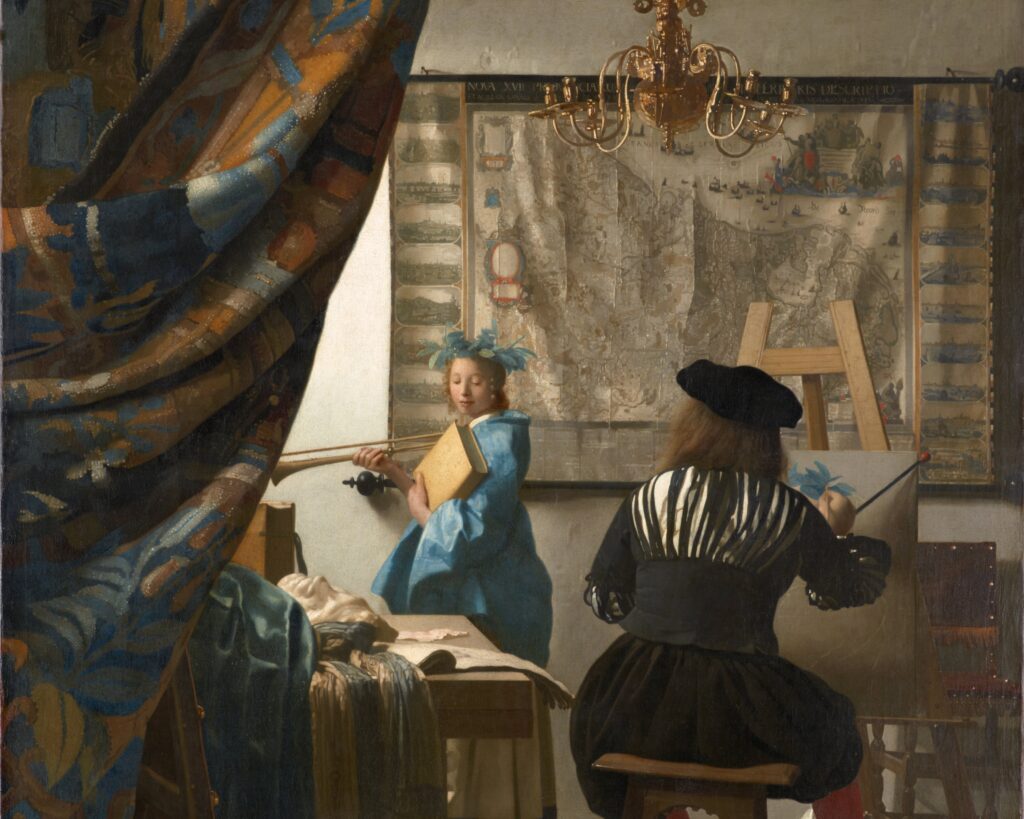
Seeing Beauty in Art
Led by Mike Carlowicz
Tuesdays, 1:00-2:30 PM
Feb 3, 10, 17, and 24.
What is art and what are its virtues? Does art have to be beautiful? What is the role of “taste” when comprehending beauty? Is beauty objective? In this seminar, students will study the nature of art and beauty, in theory and in practice, for the sake of developing an appreciation for visual art. Readings in Maritain, von Hildebrand, Scruton, and others will be supplemented by frequent visits to the Princeton University Art Museum with guided discussions on art history and shared contemplation of pieces.
*** This seminar will meet in the Chancellor Green Cafe at 1 PM on Tuesdays. Students are welcome to meet Mike in the lobby of Firestone Library at 12:40 PM to walk over to Tacoria and place lunch orders paid for by the Institute. Most sessions will consist of readings over lunch, followed by a brief visit to the art museum.
Open to all students of Princeton University and Princeton Theological Seminary. Lunch is provided (see above).
For more information about this seminar, email Mike at mcarlowicz@winst.org.
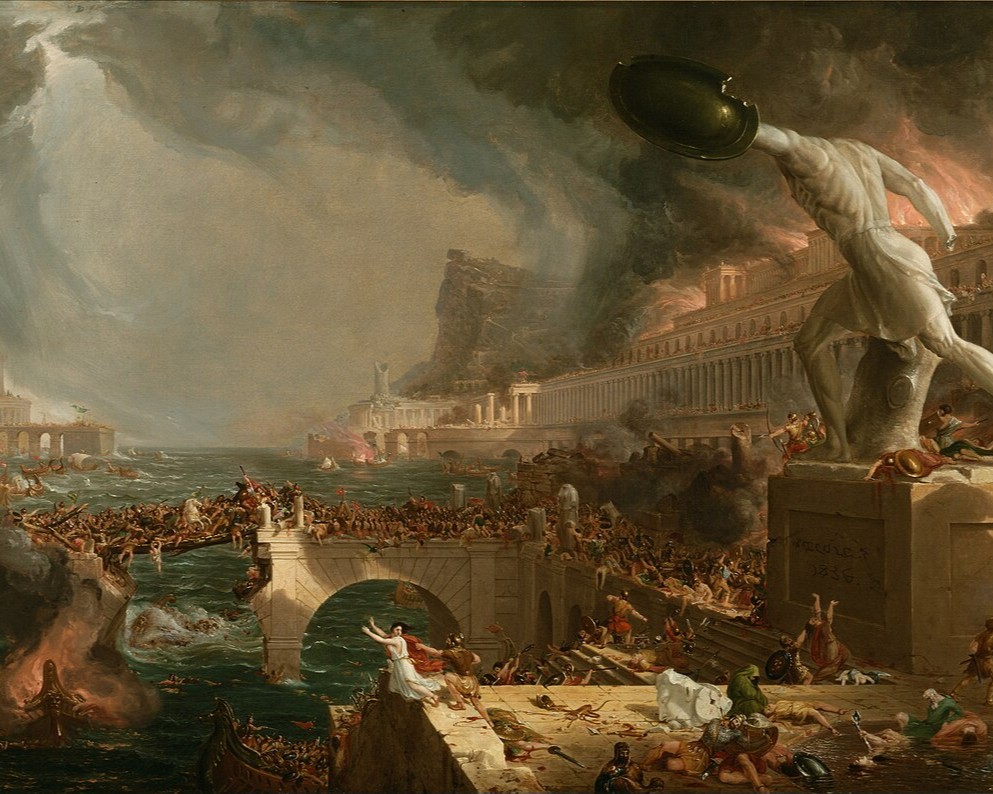
Prophets of Doom
Led by R. J. Snell
Fridays, 1:00-2:30 pm.
Mar 20, 27; Apr 10, 17.
It’s notable that apocalyptic, biblical, and themes of crisis are emerging in cultural commentary. Peter Turchin, for instance, who has long explored his theory of “surplus elites,” entitles his new book End Times. In Against the Machine, Paul Kingsnorth describes an “exodus,” the arrival of “the black ships” and “the Faustian fire.” Peter Thiel is lecturing on the Anti-Christ. Many people cite René Girard and his view of Satan. Much of this concerns the future of technology and the promises and perils of AI, of course, but more is going on than rhetorical excess about technology. In this Friday seminar, led by R. J. Snell, we’ll read Girard, Thiel, Kingsnorth, Turchin, and others, to explore.
Open to all students of Princeton University and Princeton Theological Seminary. Lunch is provided.
For more information about this seminar, email R. J. at rsnell@winst.org.
Frequently Asked Questions
If you study at Princeton University or Princeton Theological Seminary, you’re invited to join us. It’s a good place to meet new people, share a meal, and converse together. Your political commitments, religious beliefs (or absence of belief), college, and eating club don’t matter to us—in fact, we like when participants approach a text or question in different ways and with varying concerns. The search for truth is hardly a solitary activity.
We meet around a dining room table, share a meal and some conversation for about 30 minutes or so, and then read and think together for an hour. It’s informal—some people come in late, others leave early. It’s a seminar, so be prepared to ask questions, make arguments or interventions, and be prepared to have others ask questions of you. We’re seeking wisdom together, and that means we have to inquire with and of each other—and to listen to and learn from each other. We value collegiality and friendship, and seminars are generally pretty relaxed.
Seminars meet at Whelan Hall, that yellow house at 16 Stockton Street in Princeton. It’s a two-minute walk from Rocky College.
Check out this page for current offerings at the Witherspoon Institute.
We meet around a dining room table, share a meal and some conversation for about 30 minutes or so, and then read and think together for an hour. It’s informal—some people come in late, others leave early. It’s a seminar, so be prepared to ask questions, make arguments or interventions, and be prepared to have others ask questions of you. We’re seeking wisdom together, and that means we have to inquire with and of each other—and to listen to and learn from each other. We value collegiality and friendship, and seminars are generally pretty relaxed.
No. We don’t charge anything. We value hospitality, so if you have special dietary needs, or keep kosher, or need other accommodation, we’ll do our best to provide what you need and to make you feel at home.
We also host occasional dinners with faculty members, cultural trips to NYC or Philly for the museum or a concert, and we cover all the costs for those events as well (train, tickets, food), although we have to limit the number of participants for those events to keep costs manageable.
We love liberal education, books, inquiry, collegiality, and intellectual friendship. We’re committed to the idea that human flourishing is possible, and that the pursuit of truth with fellow-travelers is an aspect of that flourishing.
Of course. To learn more, please read the seminar descriptions here, or feel free to email R. J. Snell at rsnell@winst.org.


